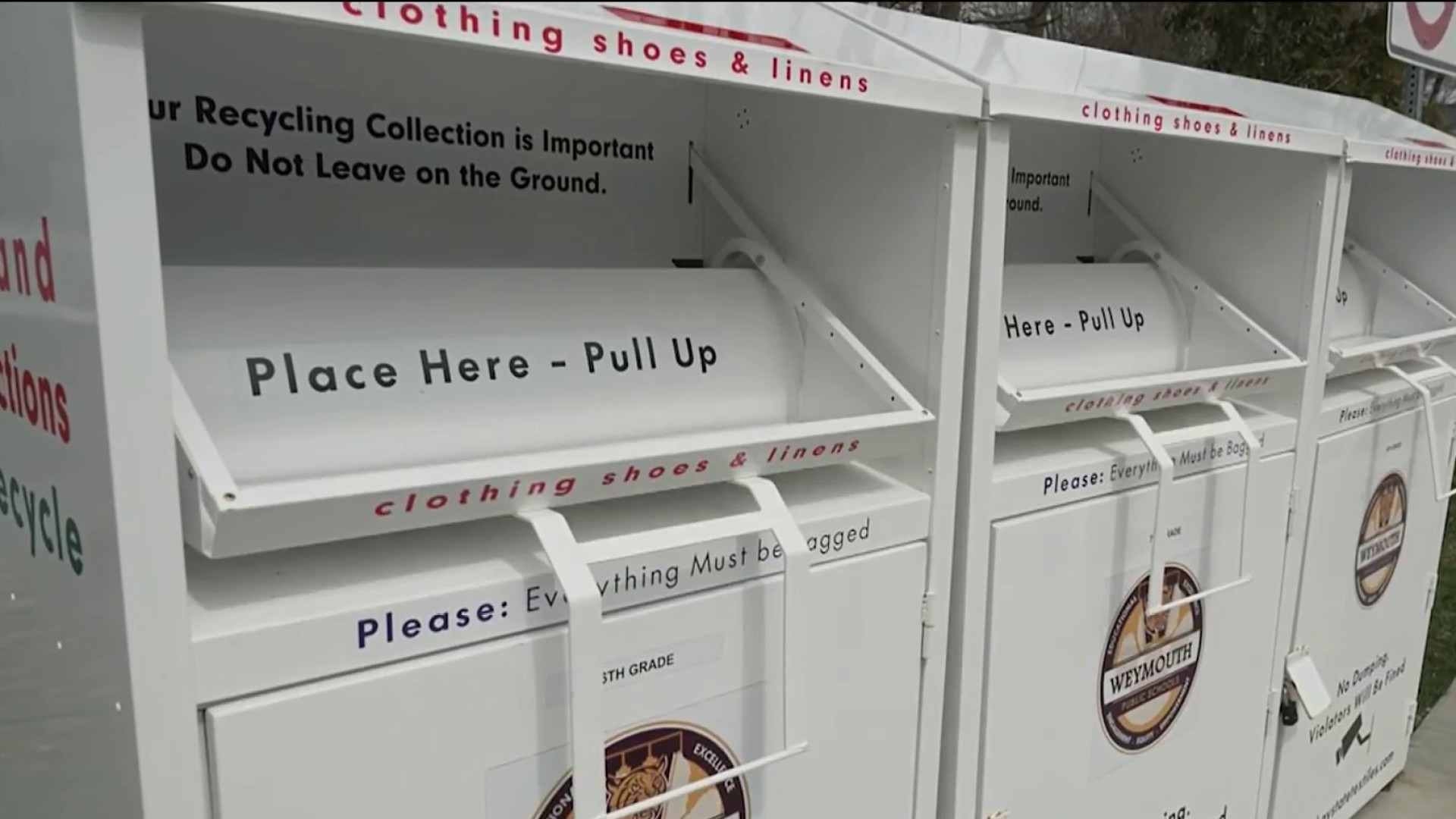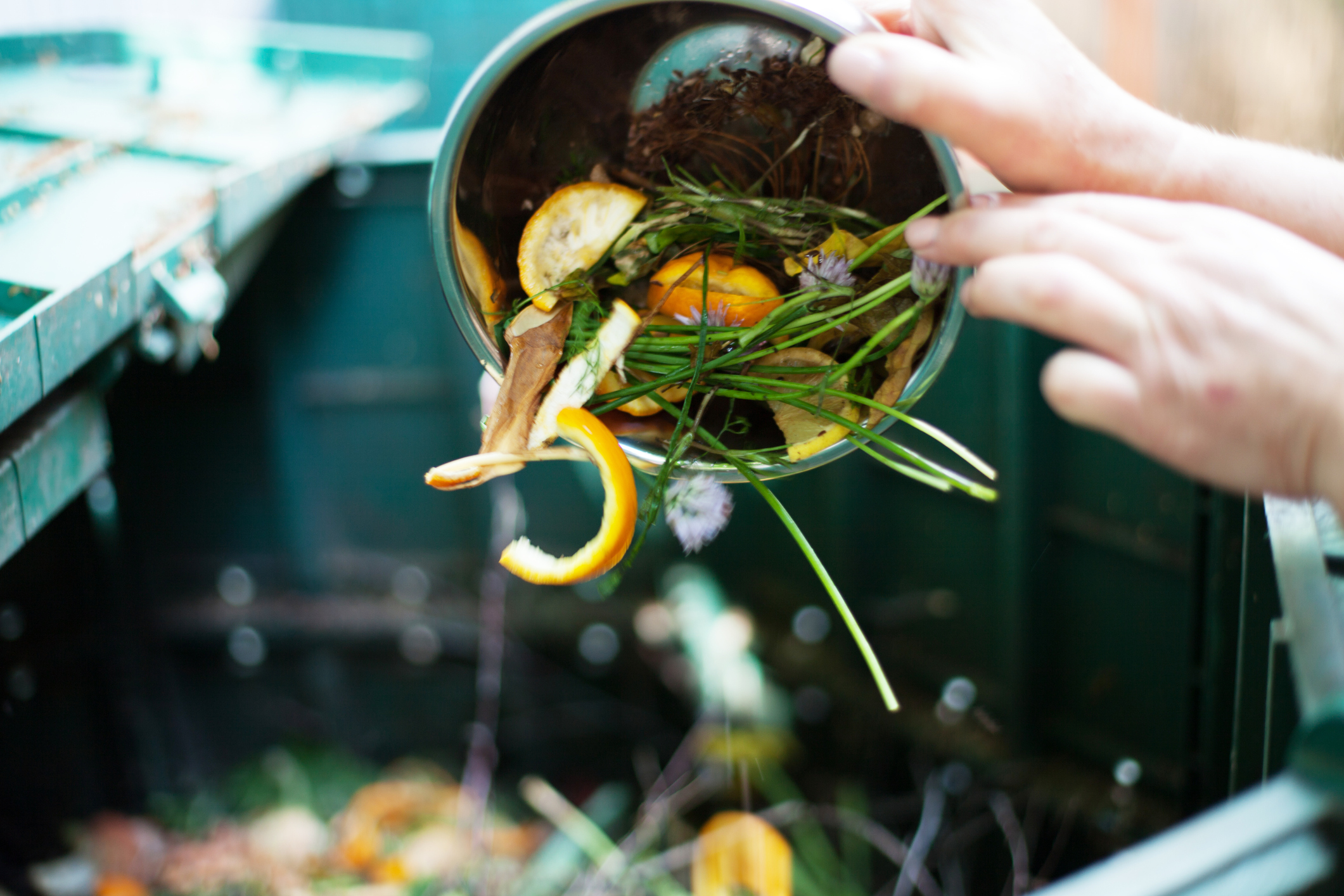Your plastic bottles, jugs, glass jars and other recyclables leave your curb and take quite a journey on their way to be repurposed!
The Casella Waste Systems Material Recovery Facility in Charlestown, Massachusetts, is the fourth largest in the country. It uses the latest technology to process 700-800 tons of recyclables a week, sorting and stripping materials out a little at a time with magnets, air jets, robotics, and optical sorters.
WATCH ANYTIME FOR FREE
>Stream NBC10 Boston news for free, 24/7, wherever you are. |
“Those robotics are able to identify different plastics based on the resin components and how they're made up,” says Jeff Weld, Casella’s vice president of communications. “The other thing that's really, a step forward is, some of the optical sorters using technology that again visualizes, what that material is made up of and then sorting it by, component at that point.”
It is an impressive operation.
Get updates on what's happening in Boston to your inbox. Sign up for our >News Headlines newsletter.
“So he's pulling out papers and any trash that might be in there, because we don't really want paper in with the cardboard,” says Market Area Manager Austin McKnight on a tour through the facility.
Cardboard, paper, glass, plastic, and metal are sorted.
“That's an overhead magnet right there,” McKnight pointed out. “That's picking up all the tin cans off the conveyor throwing them across and we're collecting these here to bale.”
Recyclables are compressed into large bricks called bales and sold to companies that clean and convert them into new products.
But on an average day, about 15 to 20% of the material coming in is not able to be recycled. And that impacts operations here.
“The reality is, the material that is not acceptable here ends up going into the trash, but has to go through a complicated system to do that,” explains Greg Cooper, director of hazardous and solid waste at Massachusetts’ Department of Environmental Protection. “So it's expensive and it causes safety issues for workers. When someone throws a plastic hose into their recycling bin or rope or cords from electrical equipment, stuff that all gets tangled in this equipment and stops the operation.”
More on recycling
Recyclables must be hand-sorted to remove problem materials.
“This area here, this is called the free sort,” explains McKnight, while employees pick through recyclables on a conveyer belt in the facility. “So this is the first sort of step where they're going to start pulling out the pieces that wrap and trash bags and all that kind of nasty stuff.”
Plastic bags are the number one contaminant here. Do not put plastic bags or plastic film of any kind in your recycling bin. They also do not accept any clothing or fabric. Scrap metal is also a huge problem and can damage the equipment.
“If you got that jammed the wrong way to actually cut the conveyor belts in half,” says McKnight looking through a bin of scrap metal that was sent to the facility.
“We see hazardous waste sometimes, we'll see paint cans or, syringe needles, all sorts of things that really are potential hazards to the facility."
Lithium ion batteries are also a serious danger to these facilities and should never be put in your recycling bin.
“Those are the number one cause for fires and danger,” says Weld. “And what happens is those batteries that are in virtually everything that make life a little bit more convenient for all of us, if they get mixed in with this and then they explode…they can really do a lot of damage based on the material makeup that's in these facilities.”
When it comes to the right stuff--your water bottles, plastic milk jugs, and containers, those are being put to a higher and better use.
“If you put the right materials, the materials that this facility in your municipality want you to put into that recycling bin, I guarantee you it is going to get recycled,” says Cooper. “And it is going to go back into a new cardboard box, new plastic containers, new bottles, new aluminum cans. It is happening and it's real.”




